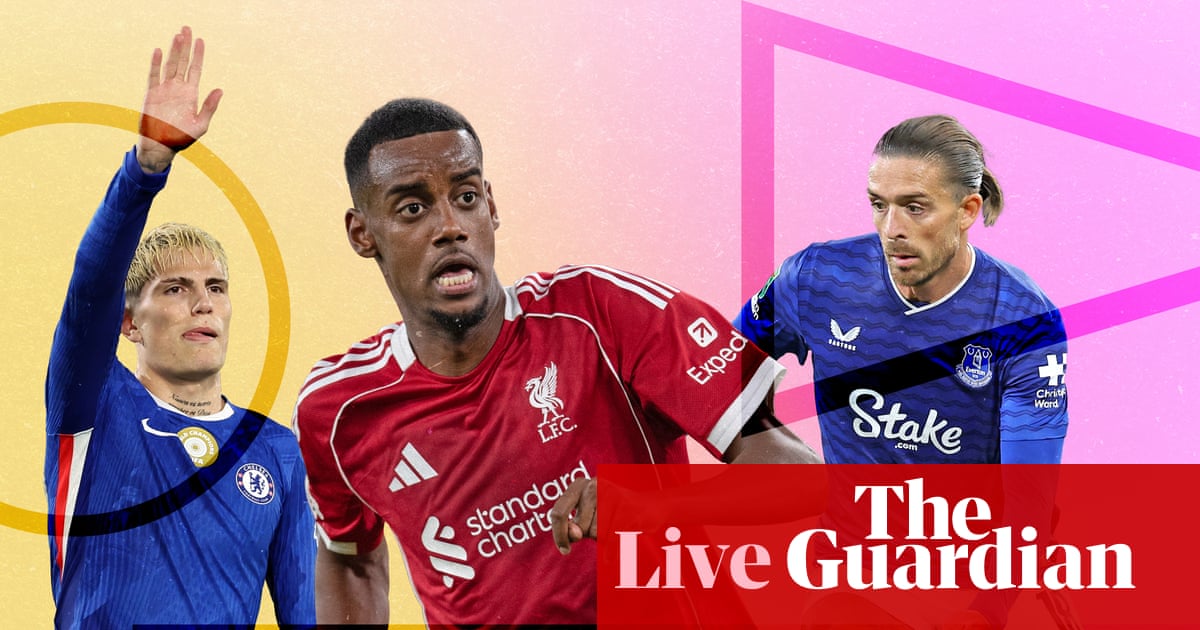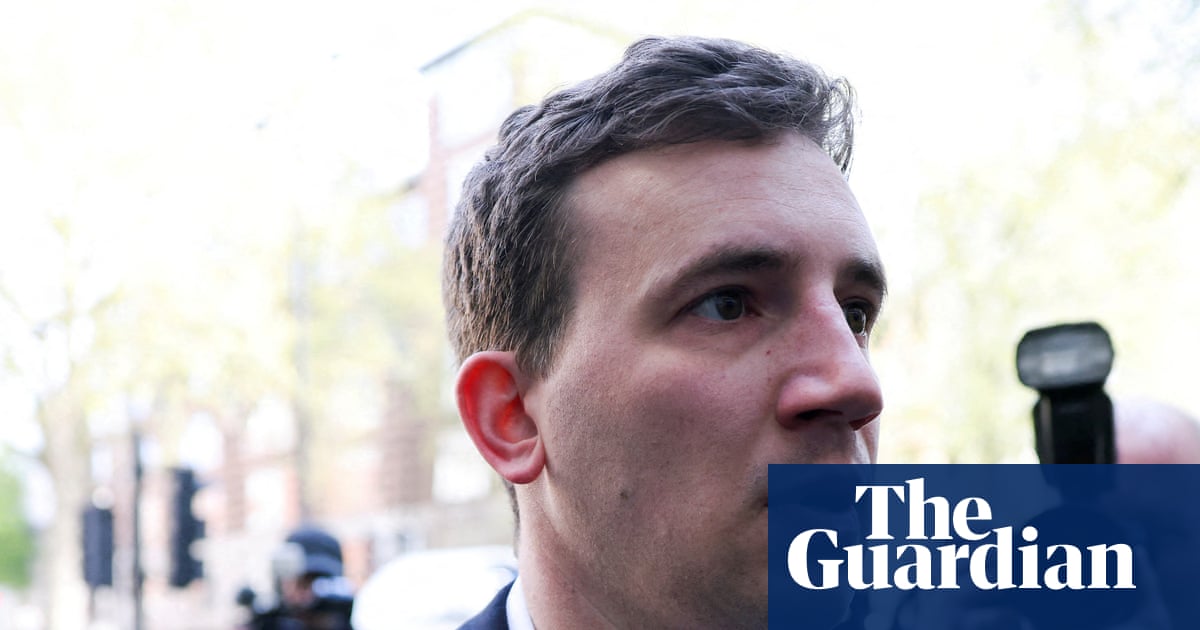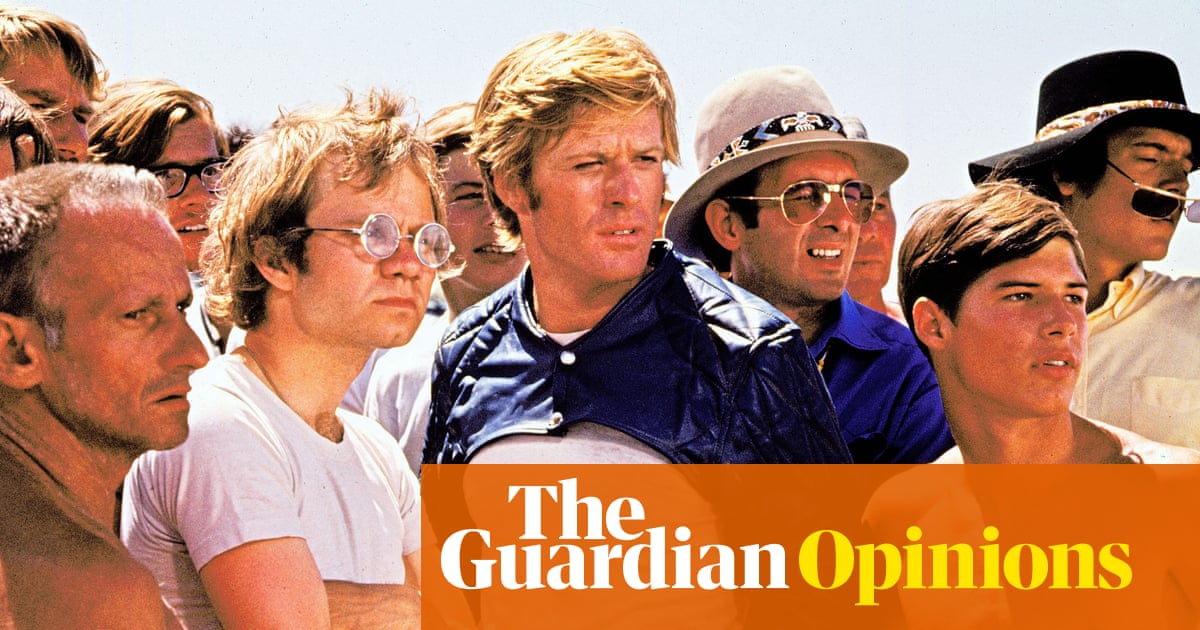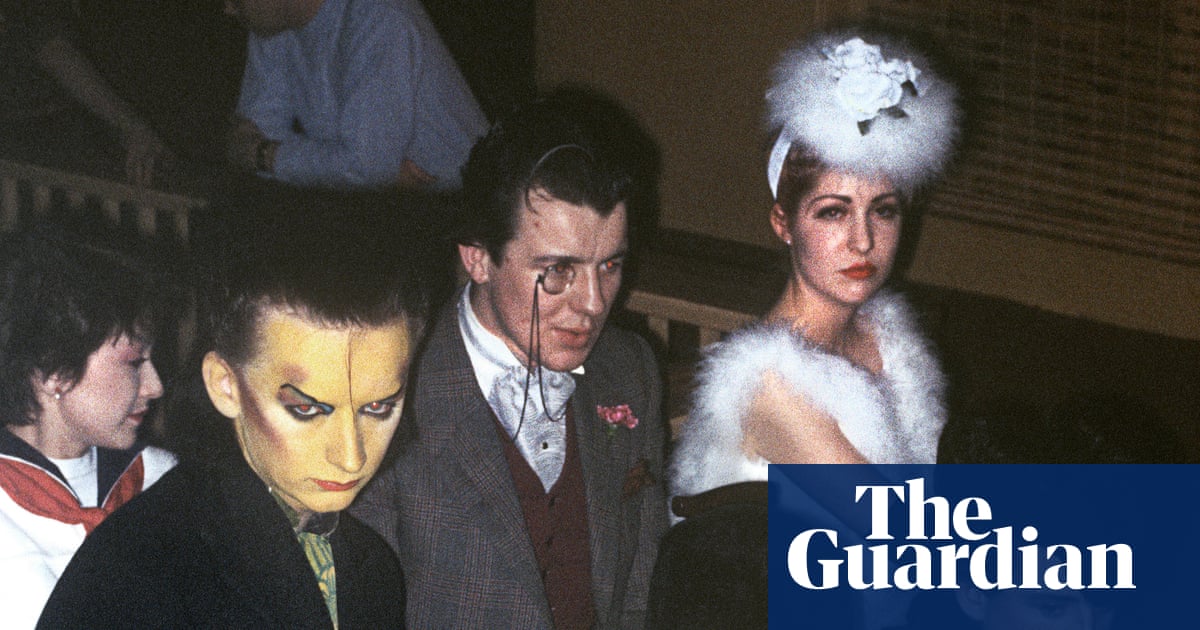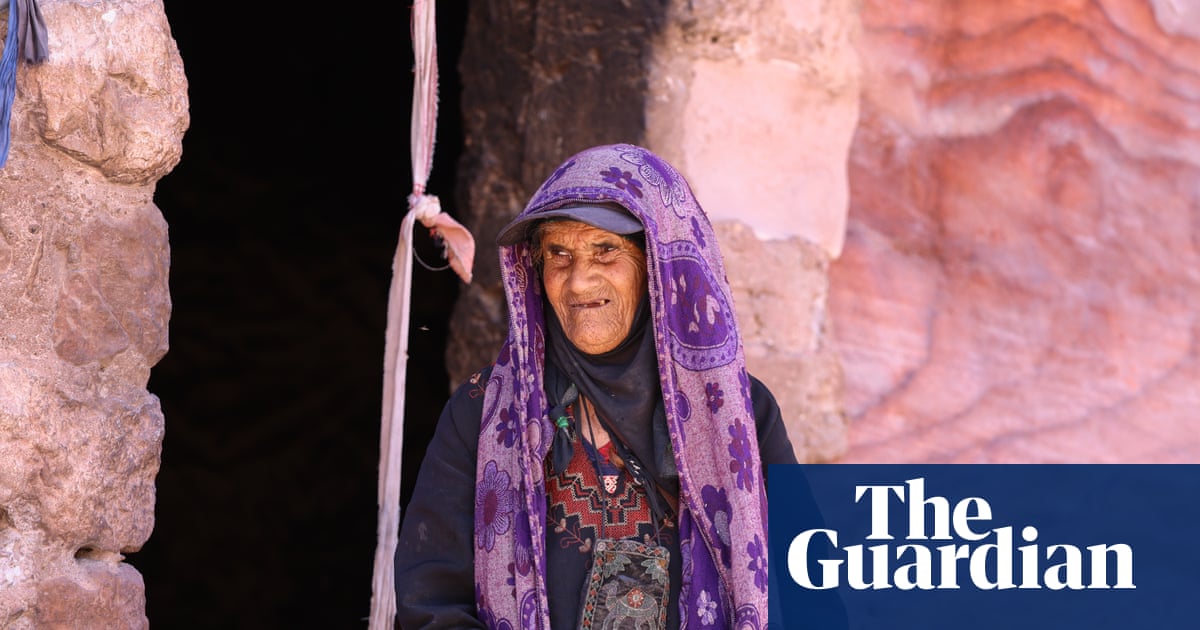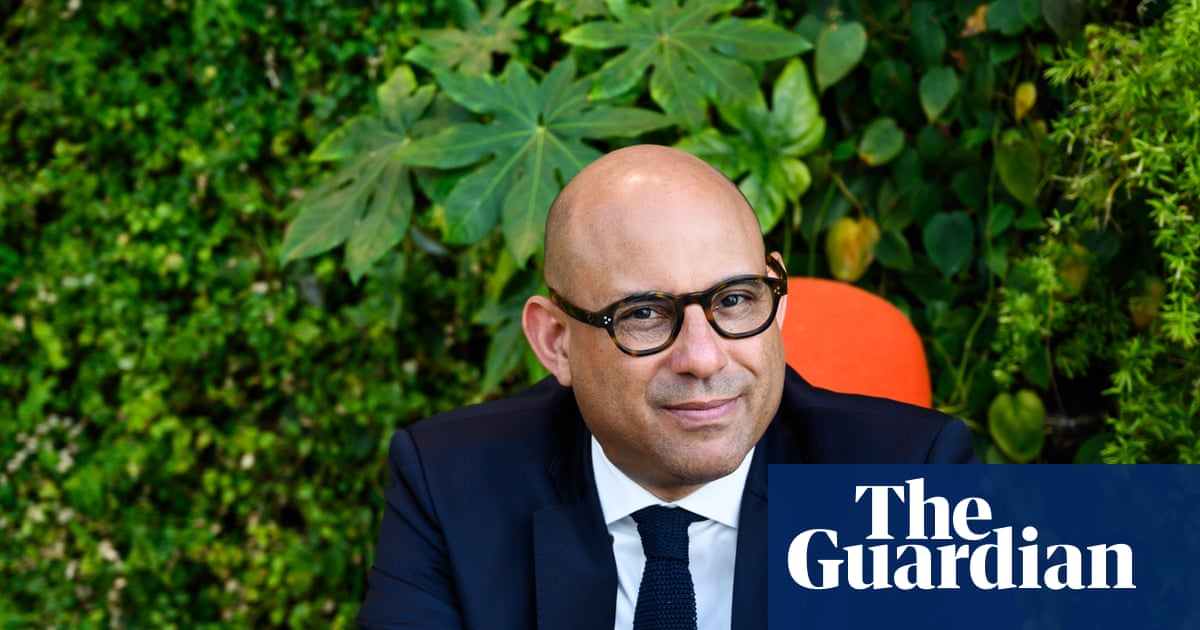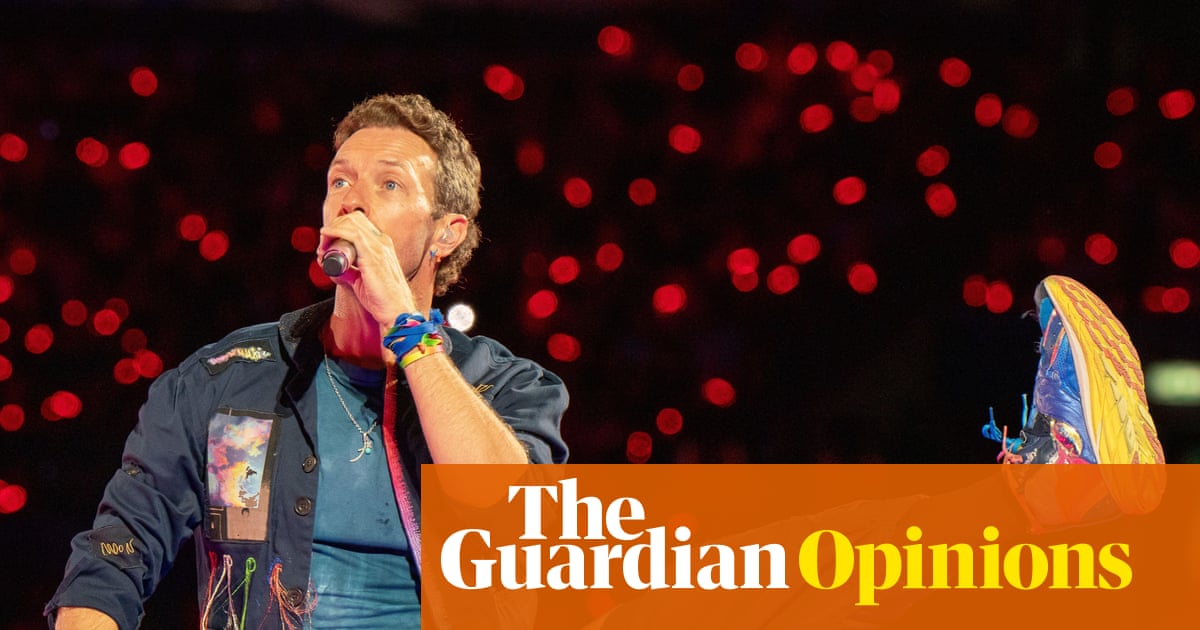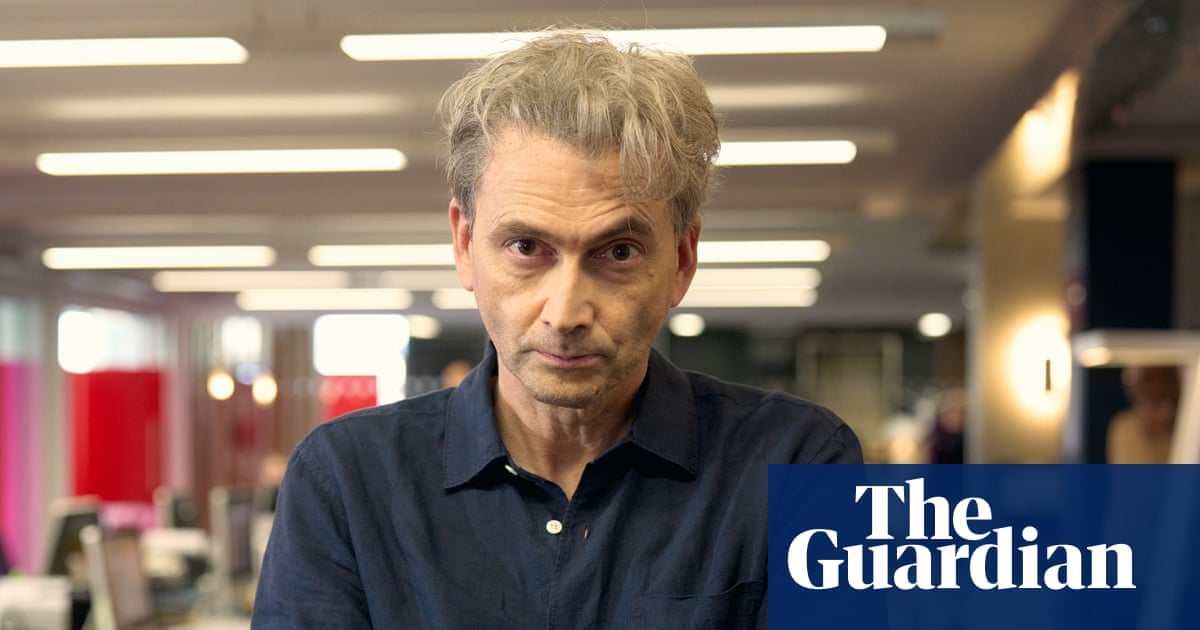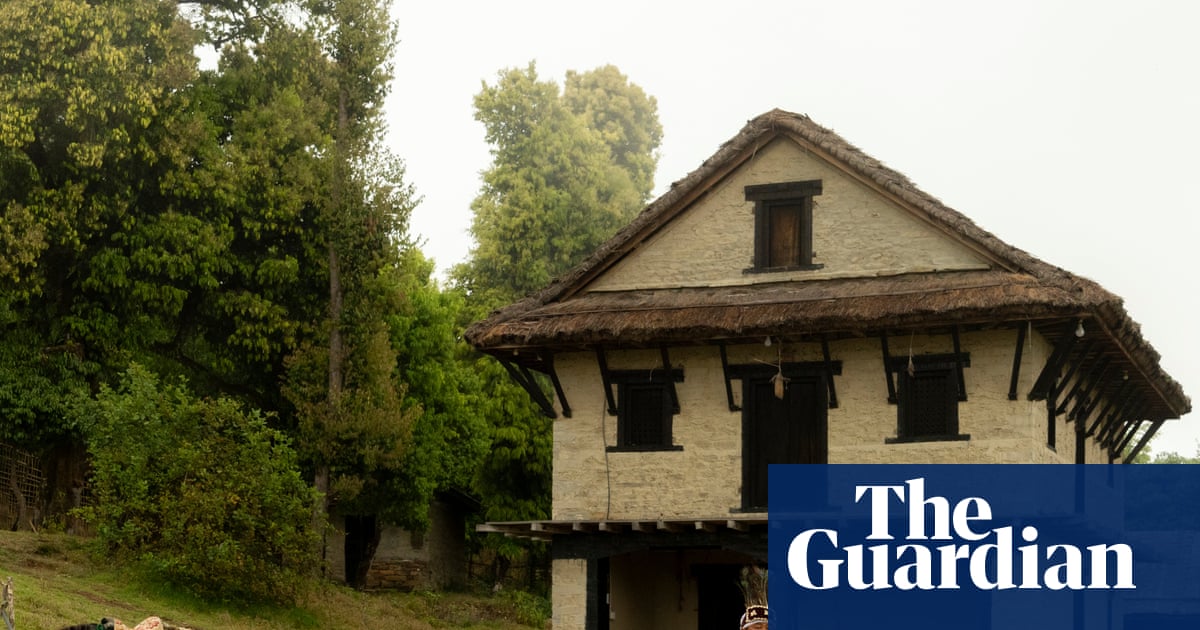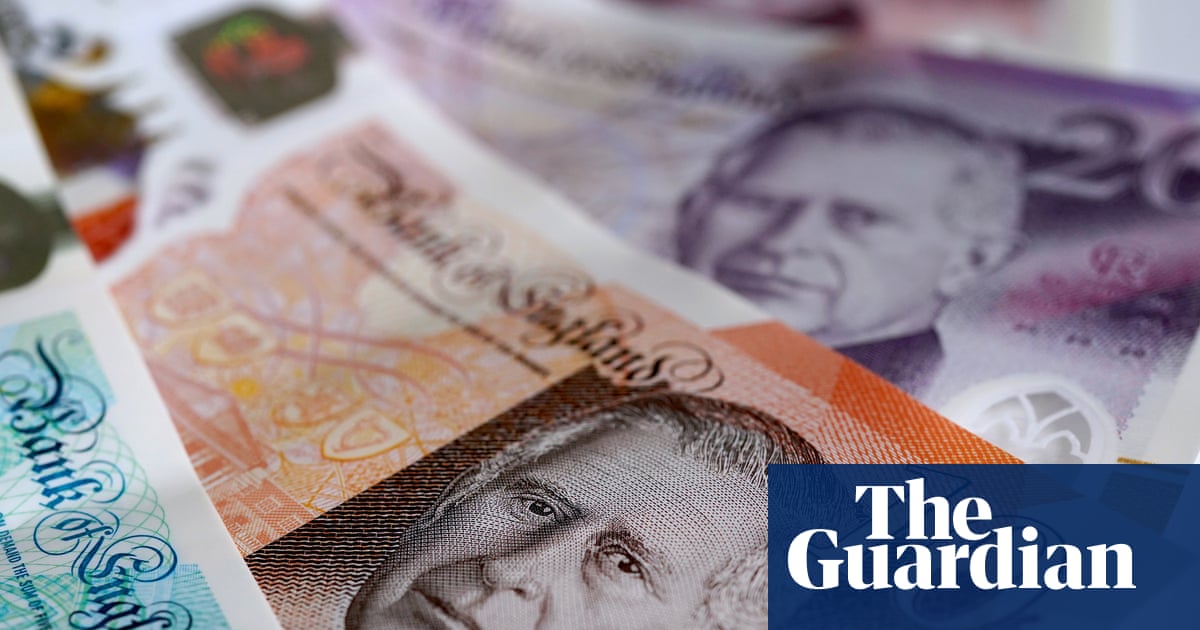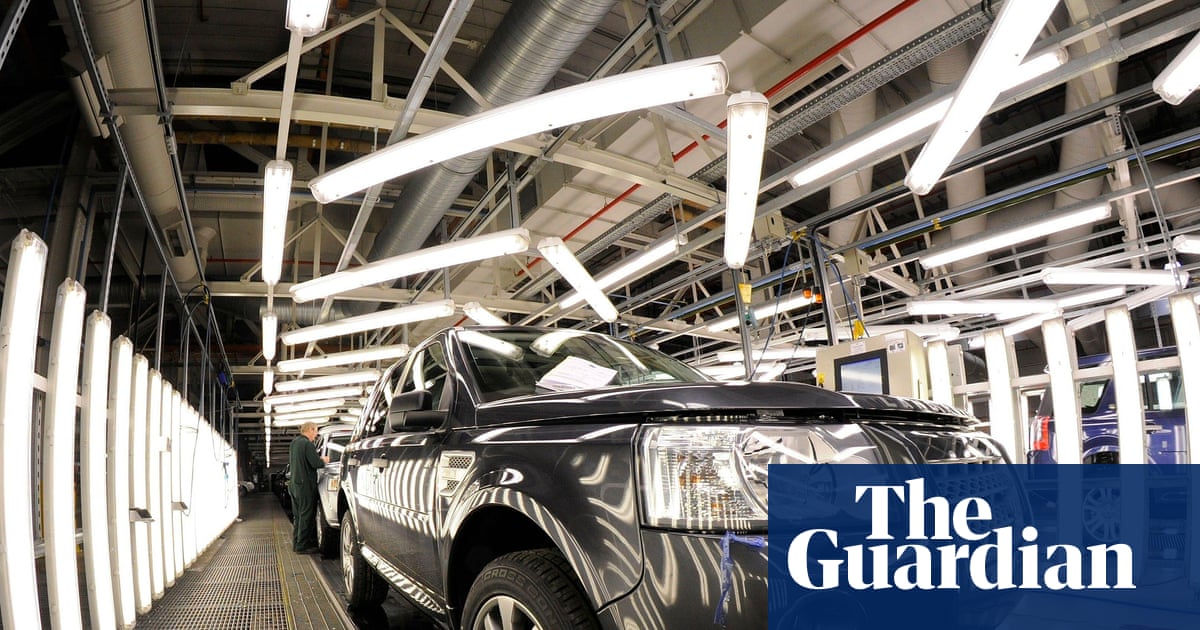‘Toadying”, “slavish”, “cringe-worthy” were the words hurled at Nato’s Mark Rutte for the praise he heaped on Donald Trump. But words cost nothing. Keir Starmer went further. He dug into his pocket and gave Trump $1.3bn for just 12 aeroplanes. He promised never to use them, or put any bombs in them, without orders from Washington. He might as well have enrolled in the United States Air Force.
Starmer is engaged in a strategic shift in Britain’s global stance – from soft power to hard. He has clearly received the notorious initial briefing that so moved Tony Blair and led him eventually to war in Iraq. It induced David Cameron to spend billions on aircraft carriers that he had intended to cancel. Now the government warns in its strategic review that Britain needs to prepare for the possibility of being attacked on its own soil. Perhaps Starmer agrees with Nato’s Rutte that the British people “better learn to speak Russian”.
Russia has never, in its entire existence, tried to invade Britain. Yet to protect its interest a defence industry of vast public expense has sustained this belief. It has demanded we go to war if Russia so much as inches over its border, as if it abutted Norfolk. Clearly Britain needs to defend its cables and its electronic airwaves. It needs to guard its banks and its businesses from mischief. But no one is threatening it with invasion.
With the end of the cold war in 1989, soft power should have been unleashed. Every conceivable tool should have been deployed to introduce Russia into the European community of nations. I was one of many westerners in the 1990s who would go to seminars and meetings with eager figures in Moscow’s hierarchy. They were open-minded and democratic and desperate to open dialogues with the west. They sent their children to English schools and universities. Cultural exchange was intense. The same was happening, less openly, with China. It was a time of real hope.
Yet the old dog-eared briefings were still being used. We were told we cannot be “too safe”. Nato’s belligerents declared their muscle by advancing to Russia’s border. Barrier after barrier went up, as Russia reverted to its old conflicts with its bordering states. You could sense the west’s defence pundits sinking thankfully back into their old ways.
In his definition of soft power, the American academic Joseph Nye suggested that cooperation “is always more effective than coercion … Values like democracy, human rights and individual opportunities are deeply seductive.” Soft power is about building friends and finding allies, rather than creating enemies. Britain, poised between Europe and the US and with English as a global language, was uniquely positioned for this task.
Thirteen years ago, a global soft power index from the Institute for Government placed Britain as number one, above even that citadel of soft (as well as hard) power, the US. More recently, another index put it third after Germany and Japan. These are not trivial statistics. They measure the influence a country can be expected to exert in any conflict short of war.
Today, the primary east-west power struggle beyond the Ukraine war is essentially soft. It illustrates the west’s poor use of it. The isolation of Russia – economically, culturally and diplomatically – has not altered its aggression in Ukraine. What is has done is push Russia closer to China and the non-aligned Brics-plus nations across Asia, Africa and Latin America. China’s soft power projection is enormous, from its belt-and-braces investment outreach to 50 cultural institutes due to open around the world.
Starmer’s response has been unbelievable. He wants to outbid Trump in slashing his chief soft power resource, overseas aid. He is making the biggest cut ever in Britain’s aid programme, from 0.5 to 0.3% of gross national income. % He has continued to slash the BBC’s World Service, the nation’s outstanding global presence. With 320 million listeners in English and 41 other languages, it has been shrunk by 500 posts since 2022. I shall never forget a group of Chinese girls crowded, freezing, round a radio in the border city of Harbin, eagerly practising their English with the aid of the BBC. This outreach is equalled by England’s education system. Since the turn of the century, it has become the start in life for millions, not just from Russia and China but from around the globe. About 390,000 non-EU students came to Britain last year, 19% down on 2023 and a level that is forecast to plunge in future. It must be in Britain’s interest for them to keep coming.
Soft power lies in contact – cultural, financial, academic and diplomatic. Opposition to a hostile regime emerges if not from its military then from its commercial and professional class. Ostracism merely drives that class into silence or exile. In Russia, opposition from those who used to influence Vladimir Putin and might restrain him has collapsed. In their place are the sabre-rattlers. Starmer appears to be one of them.
-
Simon Jenkins is a Guardian columnist
-
Do you have an opinion on the issues raised in this article? If you would like to submit a response of up to 300 words by email to be considered for publication in our letters section, please click here.

 2 months ago
141
2 months ago
141
